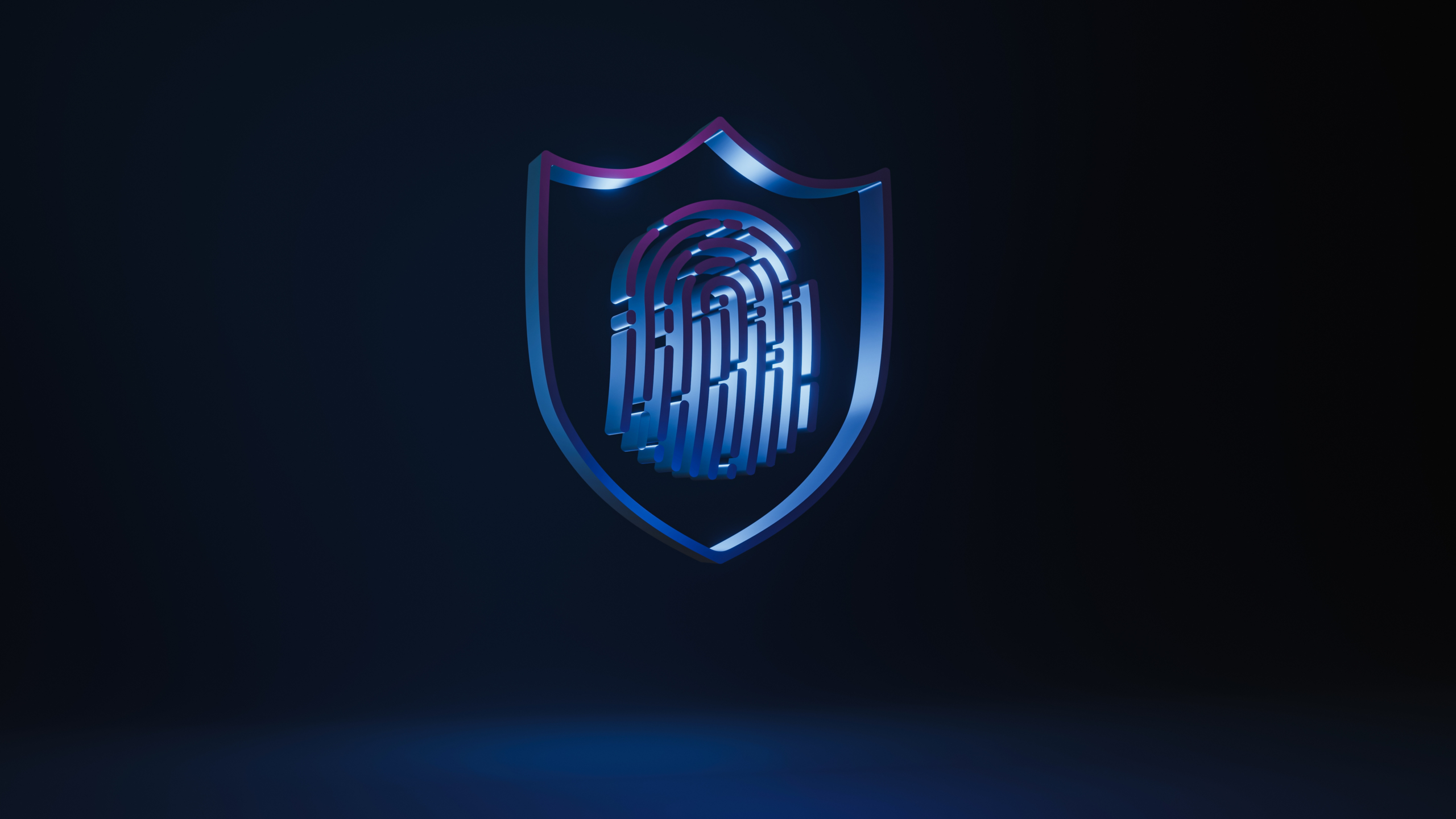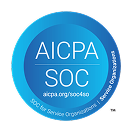Identity: The Lifeline of Modern Healthcare

Why Identity Access Management Is Healthcare’s Hidden Bottleneck
In today’s healthcare ecosystem, seconds can mean the difference between life and death. Clinicians need instant access to systems, patient records, and tools that guide treatment decisions. But too often, identity and access management (IAM) becomes a silent bottleneck—slowing workflows, increasing frustration, and opening new avenues for attackers.
Identity is not just an IT function. It is the connective tissue between operational efficiency and strong security. When access works seamlessly, clinicians focus on patients. When it falters, care delivery stalls. The stakes are that high.
Key Takeaway: In modern healthcare, fast, secure identity access isn’t an IT issue—it’s a patient safety issue
The Legacy Identity Problem in Healthcare
Common IAM Pain Points for Healthcare Providers
Healthcare organizations carry a legacy burden that includes identity infrastructures stitched together from mergers, acquisitions, and outdated systems. The results are familiar and painful:
- Slow onboarding: Clinicians wait days or weeks to access EHRs, e-prescribing platforms, or HR systems
- Siloed systems: Contractors, vendors, and students are often tracked manually or inconsistently, creating blind spots
- Fragmented logins: Multiple usernames and passwords drain productivity, encourage weak credential practices, and create security risks
Why Fragmented Systems Put Patients and Data at Risk
Each inefficiency cascades into operational and security problems. In a shared workstation environment where multiple staff members rotate across terminals, the friction of multiple logins is more than inconvenient—it is unsafe.
How the “Persona Problem” Impacts Clinicians
Modern clinicians often wear many hats: surgeon, professor, and clinic practitioner. Each role demands different entitlements, application views, and permissions. Legacy IAM systems struggle to keep pace, forcing clinicians into frustrating workarounds that compromise both care and compliance.
A modern identity data foundation solves this “persona problem” by enabling:
- multi-persona profiles: A unified identity that captures every role under one credential
- contextual access: Role-specific entitlements delivered at the point of authorization
- streamlined governance: Fewer duplicates, cleaner oversight, and enforced least privilege
The result? Clinicians move seamlessly across their responsibilities without juggling multiple logins, and security teams gain a clearer, more manageable access model.
Identity as the Frontline of Healthcare Cybersecurity
Disconnected directories, inconsistent access records, and orphaned accounts create fertile ground for attackers. The 2024 Change Healthcare ransomware incident, traced back to compromised remote access credentials, highlighted the catastrophic impact that a single identity failure can unleash.
The Compliance Consequences of Poor Identity Hygiene
Poor IAM hygiene doesn’t just slow down care—it invites compliance nightmares. Regulations like HIPAA require clear evidence of least-privilege access and timely de-provisioning, but piecing that evidence together from fractured systems is a losing battle.
Temporary fixes and one-off integrations won’t cure healthcare’s identity problem. What is needed is a modern identity data foundation that:
- unifies identity data from HR systems, AD domains, credentialing databases, cloud apps, and more
- rationalizes and correlates records into a single, authoritative profile for each user
- delivers tailored views to each consuming system—EHR, tele-health, billing, scheduling—through standard protocols like LDAP, SCIM, and REST
- strengthens ISPM by ensuring security policies, risk analytics, and compliance reporting all act on the same high-quality identity data
RadiantOne provides that foundation. Acting as a universal adapter and central nervous system, it abstracts away complexity, enables day-one M&A integration, supports multi-tenant models for affiliated clinics, and reduces costly manual cleanup.
Healthcare’s identity challenge is not theoretical. It is visible every day in delayed access, clinician frustration, regulatory fines, and high-profile breaches. But it doesn’t have to be this way.
With a unified identity data foundation, healthcare organizations can:
- accelerate clinician onboarding
- reduce operational bottlenecks
- strengthen identity security posture
- simplify compliance
- empower caregivers with seamless, secure access
The question is no longer whether identity impacts care delivery and security: it is whether your identity infrastructure is helping or holding you back.
Download the white paper, The Unified Identity Prescription: Securing Modern Healthcare & Empowering Caregivers, to explore how a unified identity data foundation can power better care and stronger security.
The Unified Identity Prescription: Securing Modern Healthcare & Empowering Caregivers
By unifying fragmented healthcare identities, organizations can streamline access, enhance security, and ultimately improve patient outcomes. A modern identity foundation empowers caregivers and safeguards the entire health system.
GET THE WHITE PAPER




